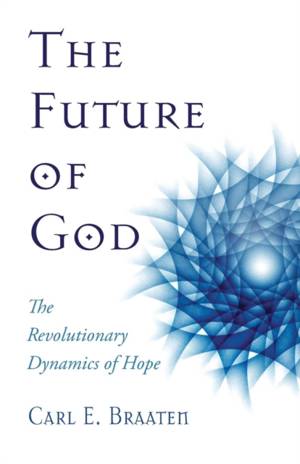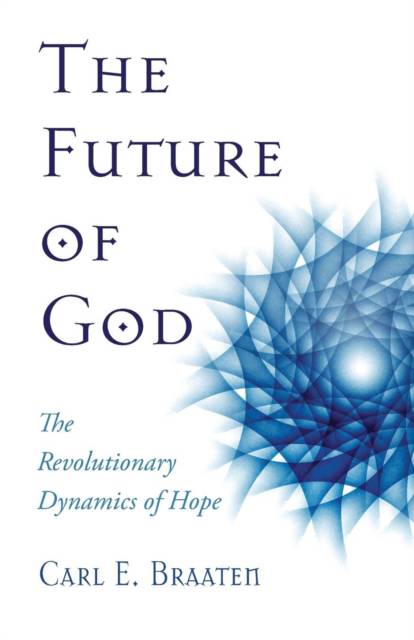
- Retrait gratuit dans votre magasin Club
- 7.000.000 titres dans notre catalogue
- Payer en toute sécurité
- Toujours un magasin près de chez vous
- Retrait gratuit dans votre magasin Club
- 7.000.0000 titres dans notre catalogue
- Payer en toute sécurité
- Toujours un magasin près de chez vous
Description
A recent movement in modern religious thought believes that the place to start in theology is at the end--eschatology. At a critical time in history, when many are unsure of the future of faith in a secular age, here is a call for believers to participate in God's activity in the future tense. The basic theme in these pages is the idea of the future--in the language of Christian hope and in the interpretation of history. The rediscovery of the role of eschatology in the preaching of Jesus and of early Christians, says Dr. Braaten, has been one of the most important events of recent theological history. Eschatology has not al-ways been taken seriously. Theologians have often defined it so that the dimension of the future was allowed to slip into an eternal present. God was thus viewed only in vertical terms--as being ""above us."" The author feels that this loss of hope in the future precipitated the crisis known as the death-of-God movement. In this book Dr. Braaten joins those thinkers who are looking to eschatology as a point of departure for a total recasting of the Christian message. He presents a constructive and systematic outline of the theology of the future, and puts forth an understanding of God--shared with early Christianity--as being ""ahead of us."" The thrust of this theology of the future is an ethic of revolutionary change, derived from the Christian vision of the kingdom of God. Christianity's eschatological faith is shown to be closely connected to the revolutionary concerns of the modern world, both as the sponsor of its driving images and as a companion in the struggle for its realization. The final chapter turns to an ethic of revolution, based on the politics of hope.
Spécifications
Parties prenantes
- Auteur(s) :
- Editeur:
Contenu
- Nombre de pages :
- 186
- Langue:
- Anglais
Caractéristiques
- EAN:
- 9781532612718
- Date de parution :
- 19-10-16
- Format:
- Livre broché
- Format numérique:
- Trade paperback (VS)
- Dimensions :
- 140 mm x 213 mm
- Poids :
- 181 g

Les avis
Nous publions uniquement les avis qui respectent les conditions requises. Consultez nos conditions pour les avis.






